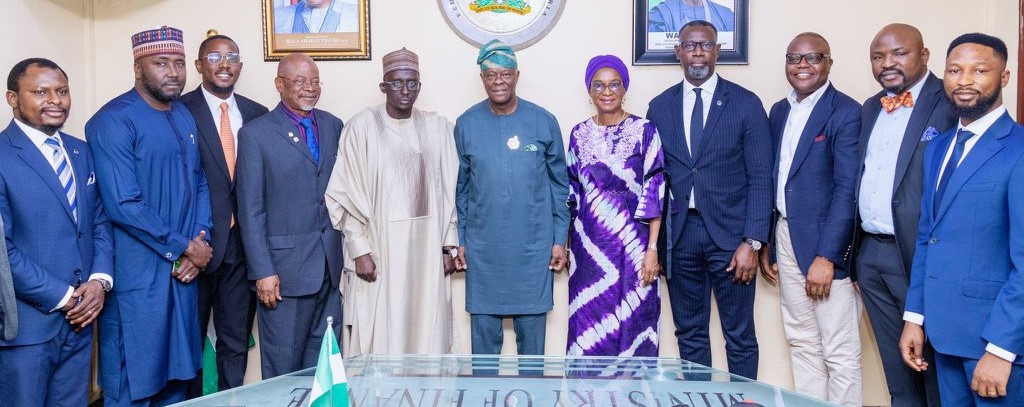By JKNewsMedia
NIGERIA’s ECONOMIC narrative has sparked fresh debate following the National Bureau of Statistics’ (NBS) latest unemployment and GDP figures.
The Independent Media and Policy Initiative (IMPI), a policy think tank, has defended the credibility of these reports, countering claims by critics who dismissed the data as unrealistic.
IMPI’s Chairman, Dr Omoniyi Akinsiju, emphasised the need to respect the NBS methodology, which conforms to International Labour Organization (ILO) standards.
According to the NBS, unemployment in Nigeria dropped to 4.3% in Q2 2024 from 5.3% in Q1. The GDP also showed a robust growth of 3.46% in Q3 2024, outperforming the same period in 2023.
“The new labour force metrics encompass Nigerians engaged in self-employment, expanding the employment base.
Many Nigerians, particularly in agriculture and transportation, are self-employed and should not be excluded,” Akinsiju noted.
Critics questioned the transparency of the methodology and deemed it inconsistent with ground realities like factory closures.
However, IMPI clarified that the methodology shift, introduced in 2023, better captures the dynamics of Nigeria’s socio-economic structure.
The service sector emerged as the cornerstone of GDP growth, contributing 53.58% in Q3 2024. ICT, particularly, drove this growth, supported by increased broadband penetration and a rise in telecommunications activity.
IMPI urged deliberate policy action to boost the service sector, citing its central role in economic transformation.
“The ICT sector’s growth potential is immense. Increased internet penetration can significantly elevate GDP per capita.
Tax contributions from digital firms like Google and TikTok further underscore ICT’s economic significance,” IMPI added.
IMPI warned against dismissing credible data and called for a more informed approach to analysing economic reports.
Wale Edun Partners with Stakeholders on Solar-Powered Cold Storage for Food Security
MEANWHILE, efforts to tackle food insecurity in Nigeria took a significant step on Monday as the Minister of Finance and Coordinating Minister of the Economy, Mr. Wale Edun, hosted a delegation from the National Agricultural Development Fund (NADF), GENESIS Energy Group, USAID, and KPMG.
The meeting focused on implementing solar-powered cold room storages and logistics solutions to reduce post-harvest losses and strengthen food security nationwide.
The delegation outlined their strategic plans to deploy solar-powered cold storage facilities at critical locations across Nigeria.
This initiative aims to address the pressing issue of farm produce spoilage, ensuring longer shelf life for perishable goods and streamlining the agricultural supply chain.
Minister Edun applauded the team’s innovative approach and reaffirmed the government’s commitment to food security, a key priority of President Bola Tinubu’s administration.
He noted that recent economic reforms, such as the removal of fuel subsidies and the adoption of market-based foreign exchange policies, had stabilised the economy, creating a favourable environment for investments in agriculture and infrastructure.
Key attendees included Akinwole Omoboriowo, CEO of GENESIS Energy; Mohammed Ibrahim, Executive Secretary of NADF; and Dimeji Salaudeen from KPMG.
Minister Edun assured them of full support from the Ministry, emphasising that their project aligns with the government’s agenda to reduce poverty, generate employment, and attract foreign investments.





